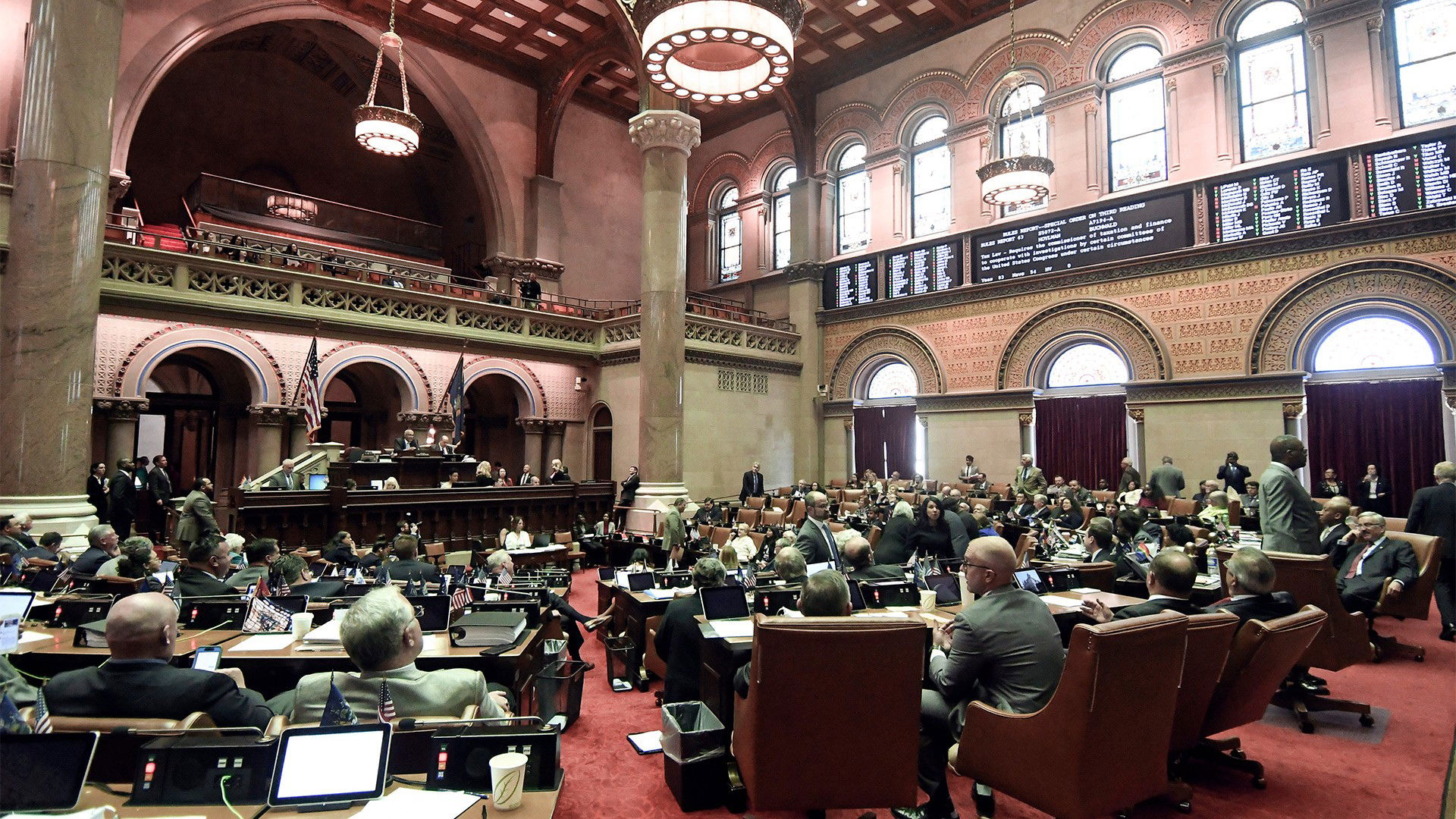Credit and crypto payments banned in Brazil betting regulations

Brazil has banned the use of credit card and cryptocurrency transactions for payments in the iGaming and sports betting sectors. The government has enforced the new payment regulations in a bid to enhance transparency and accountability.
The Regulatory Policy of the Prizes and Betting Secretariat (SPA) and the Ministry of Finance jointly announced the introduction of Normative Ordinance No 615, enforcing the stringent payment regulations.
Published in the Official Diary of the Union, these rules are part of the first stage of the government's four-part regulatory roadmap for the betting sector, announced last week. This first stage will run until the end of April and see payment, technical and security regulations published.
Among the notable directives, operators are now prohibited from accepting payments via credit cards, cryptocurrencies, cash, payment slips, or cheques. Instead, all transactions related to bets, withdrawals, and payouts must be exclusively conducted through electronic transfers between authorized accounts, as sanctioned by the Central Bank of Brazil.
The regulations also impose strict guidelines to safeguard the integrity of transactions, including prohibitions on accepting payments from unregistered accounts or third-party transfers. The overarching objective is to enhance transparency and accountability while minimizing intermediary roles between players and operators.
In addition to payment protocols, the regulations prioritize player welfare by requiring operators to provide players with virtual accounts displaying comprehensive insights into their betting behaviors. This includes a detailed record of betting activities over the previous 36 months, along with relevant financial data aimed at facilitating responsible betting habits.
Furthermore, operators are mandated to manage liquidity risks by establishing substantial financial reserves, held in federal public bonds through authorized financial institutions. These reserves, amounting to no less than R$5 million ($953,597), must be segregated from other proprietary accounts.
The new rules take effect from today. The next stage in the Ministry of Finance’s strategy is the publication of its fraud policies, which will consist of anti-money laundering and counterterrorist financing rules.
















































